Current PSA Monitoring Ignores Risk to Some Prostate Cancer Survivors
In older men who survived low-risk cancer and have limited life expectancy, frequent PSA screenings may do more harm than good

University of California San Francisco
Give to UCSFIn older men who survived low-risk cancer and have limited life expectancy, frequent PSA screenings may do more harm than good

Treatment with an investigational androgen receptor inhibitor significantly delayed the development of metastasis in patients with prostate cancer that had become resistant to standard androgen-deprivation therapy.

UCSF scientists have invented a technique that lets them precisely and reversibly disrupt the action of specific cellular proteins at a microscopic scale by making them split apart when illuminated with blue light.
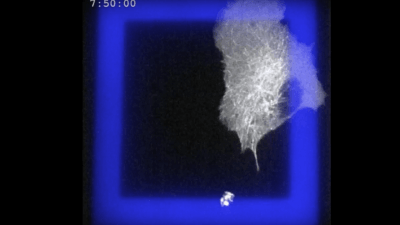
Researchers at UCSF have found a way to attack one of the most common drivers of lung, colorectal, and pancreatic cancer by targeting the proteins it produces on the outside of the cell.

SF CAN is targeting the five most common cancers which collectively account for half of all new cancers in San Francisco.
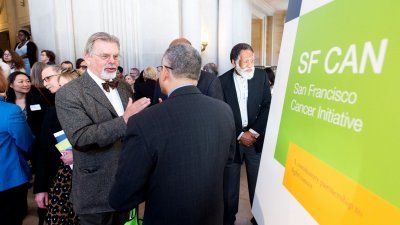
UCSF: The Campaign is taking on the world’s most complex health challenges, powered by an exceptional community of mavericks, innovators, and advocates. Together we will make the Bay Area and our world healthier for all.
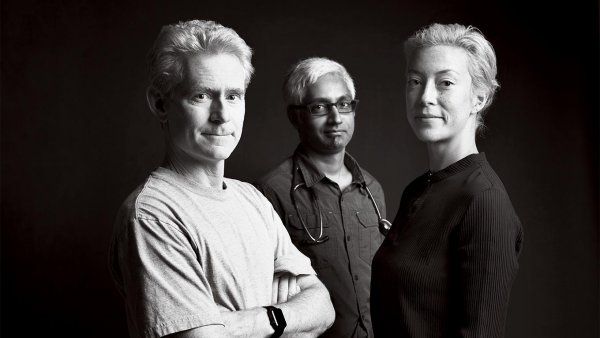
UCSF physician-scientists have developed a test that can predict how patients with juvenile myelomonocytic leukemia will respond to treatment.
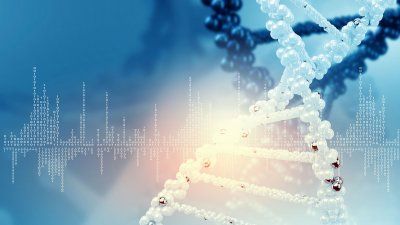
Children with an extremely deadly form of brain cancer might benefit from a new treatment that aims to direct an immune response against a mutant form of a protein found exclusively on cancer cells.
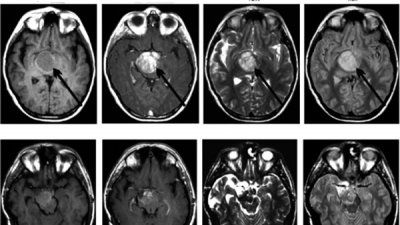
UCSF researchers are leading several initiatives that aim to see how dozens of seemingly unrelated genes and proteins involved in a disease are in fact all part the same interconnected biological pathway.
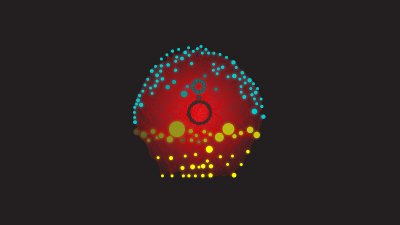
New research finds one of the world’s most deadly forms of lung cancer is driven by changes in multiple different genes.
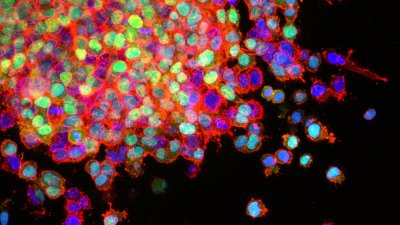
Smartphones and emotional crises, social media and tanning beds are seemingly disconnected – but UCSF researcher Eleni Linos has started to make an impact on health by her focus on how technology can influence our behaviors.

A study challenges the belief that children with Down syndrome are significantly more susceptible to leukemia.

UCSF researchers have discovered a gene vulnerability that could let oncologists wipe out drug-resistant cancers across many different cancer types.
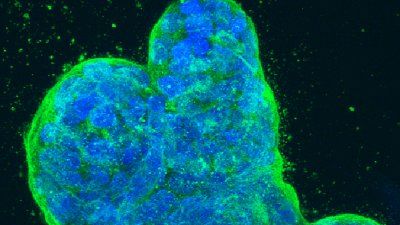
Scientists from Lawrence Livermore National Laboratory, Frederick National Laboratory for Cancer Research, GSK, and the University of California, San Francisco will hold a briefing to discuss Accelerating Therapeutics for Opportunities in Medicine

UCSF researchers have identified a molecular signature in tissue adjacent to tumors in eight of the most common cancers that suggests they are all using the same mechanism to remodel normal tissue and spread.

The NCI has announced that UCSF will host one of five new Cancer Drug Resistance and Sensitivity Centers being set up around the U.S. through funding from the 21st Century Cures Act of 2016.

The University of California’s five academic cancer centers, have formed a consortium to better address California’s most pressing cancer-related problems and opportunities.
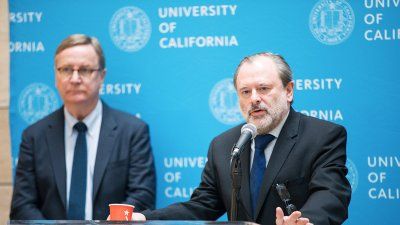
UCSF’s Helen Diller Family Comprehensive Cancer Center is consistently among the world's top five institutions producing the most impactful and utilized research.

A virus hiding quietly in the gut may trigger the onset of a severe complication known as graft-versus-host disease (GvHD) in patients who receive bone marrow transplants.
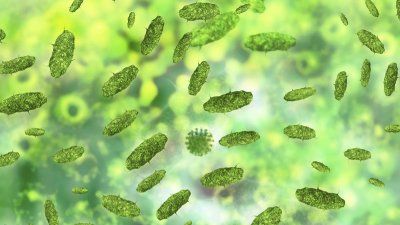
Whether a melanoma patient will better respond to a single immunotherapy drug or two in combination depends on the abundance of certain white blood cells within their tumors, according to a new study.
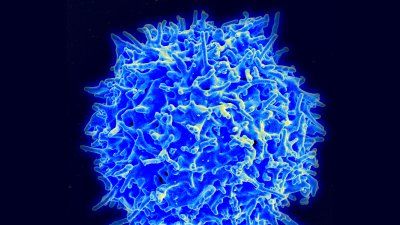
Google search volume across the United States could help fill in the gaps on cancer incidence and mortality data, according to a new study by scientists at UCSF and the University of Pennsylvania.

A molecular test can pinpoint which patients will have a very low risk of death from breast cancer even 20 years after diagnosis and tumor removal, according to a new clinical study led by UCSF in collaboration with colleagues in Sweden.
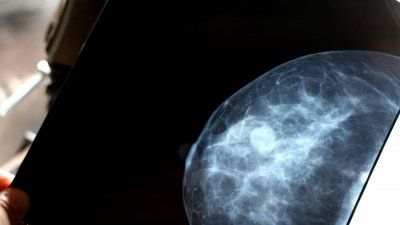
Asian-American women are more likely to experience delays in follow-up treatment after an abnormal mammogram compared to white women, according to new UCSF research.

Cancer specialists from UCSF will present new findings at the annual meeting of the American Society of Clinical Oncology (ASCO), the world’s largest clinical cancer research meeting.

Providing healthy women with information about pelvic examinations, including a professional society’s strong recommendation against them, substantially decreases the patients’ desire for the exam.

Colon cancer patients who have a healthy body weight, exercise regularly and eat a diet high in whole grains, fruits and vegetables have a significantly lower risk of cancer recurrence or death.

By piercing liver cells with rapid pulses of electricity, scientists at UC San Francisco have demonstrated an entirely new way to transplant cells into organs to treat disease.
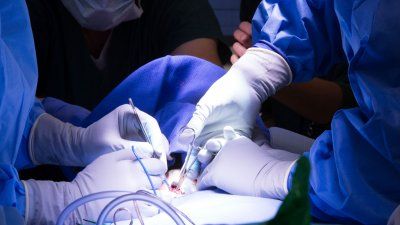
A test commonly used in breast cancer has been found to also identify which patients with aggressive prostate cancer will benefit from hormonal therapy.
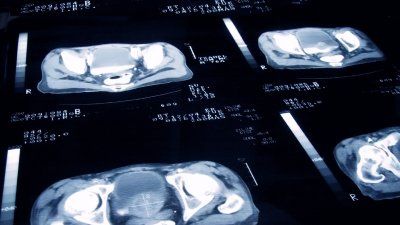
Women enrolled in California’s Medicaid program (Medi-Cal) who have been diagnosed with severe mental illness have been screened for cervical cancer at much lower rates than other women.
